In February, Alaska recorded the first death from what was then referred to as Alaskapox. The disease has been known in the Great Land since at least 2015, and until the Kenai Peninsula fatality, was not considered a particularly high risk.
Previously on RedState: Alaska Dept. of Health Confirms First Fatal Case of Alaskapox
Earlier in March, Joseph McLaughlin, Alaska’s state epidemiologist, expressed concern that the name "Alaskapox" could be problematic for a state whose economy is heavily reliant on tourism. The concern is not without precedent.
McLaughlin said that when he and his colleagues originally named the virus, the moniker “Alaskapox” “didn’t raise any red flags” due to the small number of mild cases.
“We had no idea that it would generate so much interest outside of Alaska,” McLaughlin said.
Scientists have been increasingly sensitive to virus names in recent years, attempting to avoid both technical confusion and offensiveness.
Alaska's economy is heavily dependent on tourism. We're fond of our backhanded brag that "For most people, Alaska is a once- or twice-in-a-lifetime vacation; we live here," and there's a big chunk of truth to that. Alaska is a very popular tourist destination, not just for Americans but also for people from countries like Japan, the various nations of Europe, and many other places. The state realizes a lot of income from visitors who come here to see the Great Land's unparalleled natural beauty, and in the post-COVID world, it's not impossible that the name could be off-putting to some folks making vacation plans.
Even so; there is something of a trend of changing the way pathogens are named. The COVID-19 virus, under traditional naming practice, would probably have been called the "Wuhan virus," as pathogens were traditionally named after their point of origin, be it a place or a species (i.e. avian flu.)
Virus and disease names have attracted increasing scrutiny in the past 2 decades, in part because they can be misleading or confusing. The Marburg virus, for example, is named after a German city that saw the first outbreak, but it is actually carried by bats in Africa. Virologists have also come to acknowledge that names can stigmatize people or places. In 2022, the World Health Organization (WHO) decided to rename monkeypox, which occurs primarily in rodents, not monkeys, and whose name was seen as playing into racist stereotypes and leading to stigmatization. It became mpox.
This seems a lot like pandering to the most easily offended among us, but honestly, what we call a virus, in the end, makes little difference; how we deal with the virus does, and since we mentioned the COVID-19 virus, it's important to note that this case presents a great "how not to" example. It probably won't come as any surprise that the Biden administration's handling not only of COVID but also of the monkeypox issue was rather underwhelming; with any luck, they'll stay out of the borealpox issue.
See Related: Biden's Degenerate Monkeypox Czar Doesn't Seem to Understand What His Job Is
Whether we call it Alaskapox or borealpox, the issue at hand has not changed; for almost every patient, this disease is an annoyance, and one that most will recover from quickly and without complication. The one fatality was an elderly man who was immunocompromised. If renaming it helps out the many people in Alaska whose livelihood depends on tourism, then that would be reason enough.
For more on-the-spot news and opinion, you should consider upgrading to a VIP account. VIP status will open a plethora of stories and podcasts here at RedState. And remember that a Gold-level account gets you access to all of our sister sites in Townhall Media: PJ Media, Twitchy, Hot Air, Bearing Arms, and Townhall.com. Use promo code SAVEAMERICA for a 50% discount.
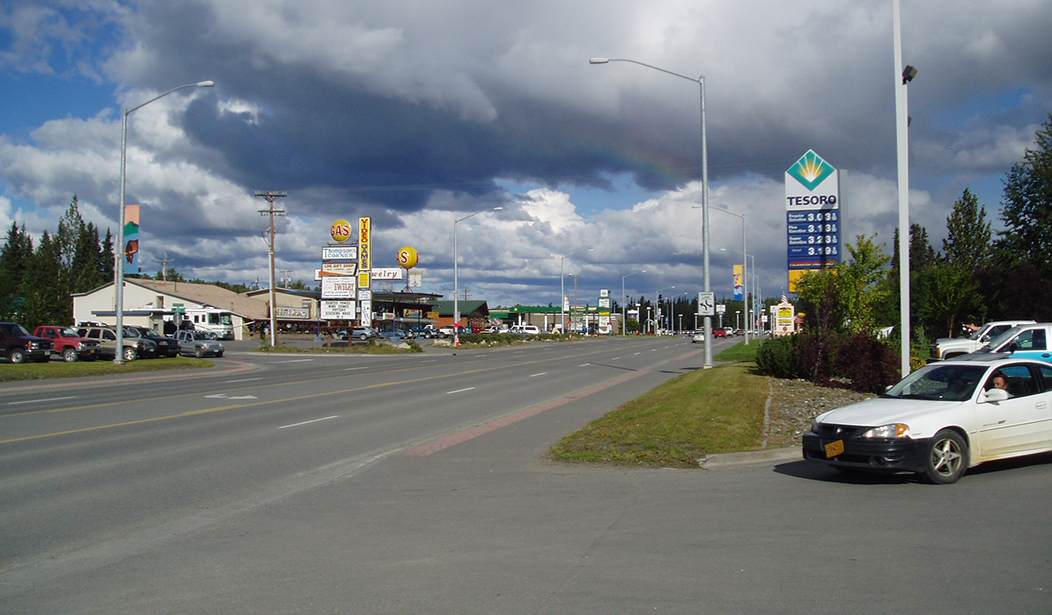


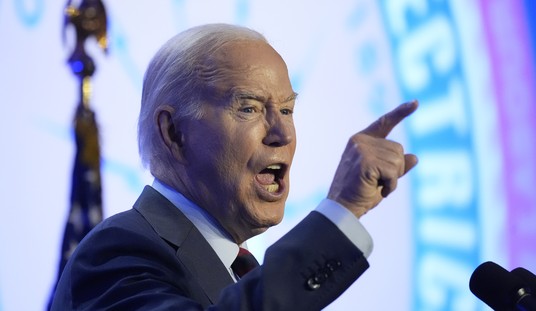
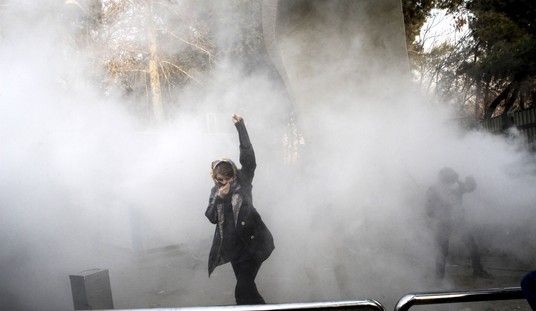

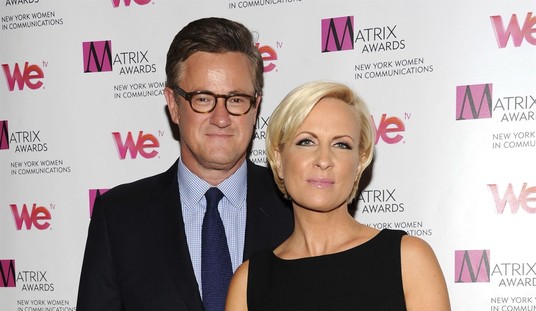

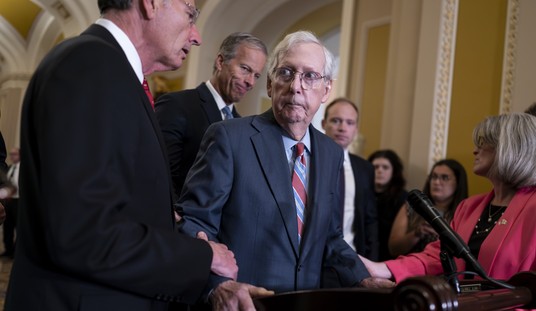
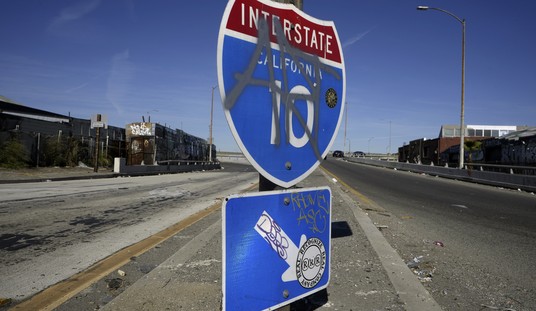




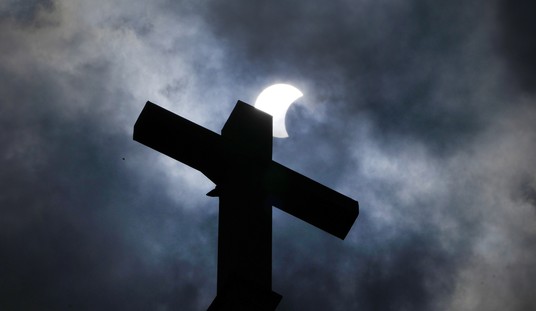
Join the conversation as a VIP Member